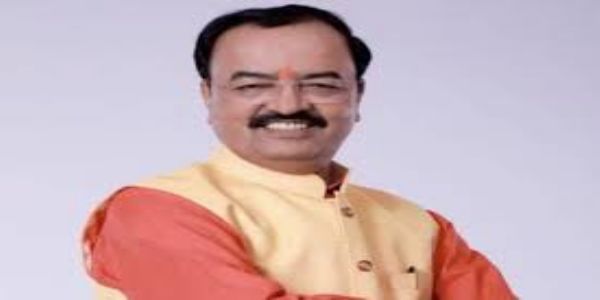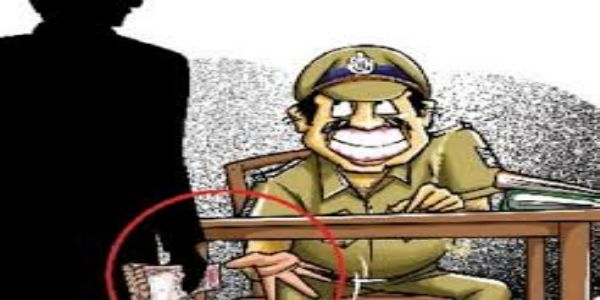
Chennai, 22 November (H.S.) : The Central Ground Water Board (CGWB) is initiating a major digitisation drive across Tamil Nadu with the aim of curbing the over-exploitation of the state’s crucial groundwater resources.
This effort involves the installation of advanced sensors in an additional one thousand five hundred (1,500) monitoring wells over the next two years, establishing a comprehensive and systematic data collection network.
Recent data has highlighted a concerning groundwater crisis in the state, with three hundred ninety-five (395) of Tamil Nadu’s total one thousand two hundred two (1,202) assessment units now classified as over-exploited. These vulnerable zones include major areas such as Chennai, Vellore, Salem, and Trichy, where the annual extraction of groundwater surpasses its natural replenishment rate.
The state’s overall groundwater utilisation has reached a precarious seventy-three point five zero per cent, indicating that nearly three-quarters of the annually extractable resource is already being consumed.
While four hundred eighty-two (482) units are currently considered safe for consumption, thirty-four (34) other units, including Vedaranyam and Nagapattinam, face a high-salt content crisis. Officials stated that the project’s main focus is to provide open access to the collected data for various stakeholders, including government agencies, voluntary organisations, and the private sector.
This initiative is designed to enable these entities to develop and implement proper regulatory measures and sustainable management strategies, especially within the most vulnerable blocks.
---------------
Hindusthan Samachar / Dr. R. B. Chaudhary








